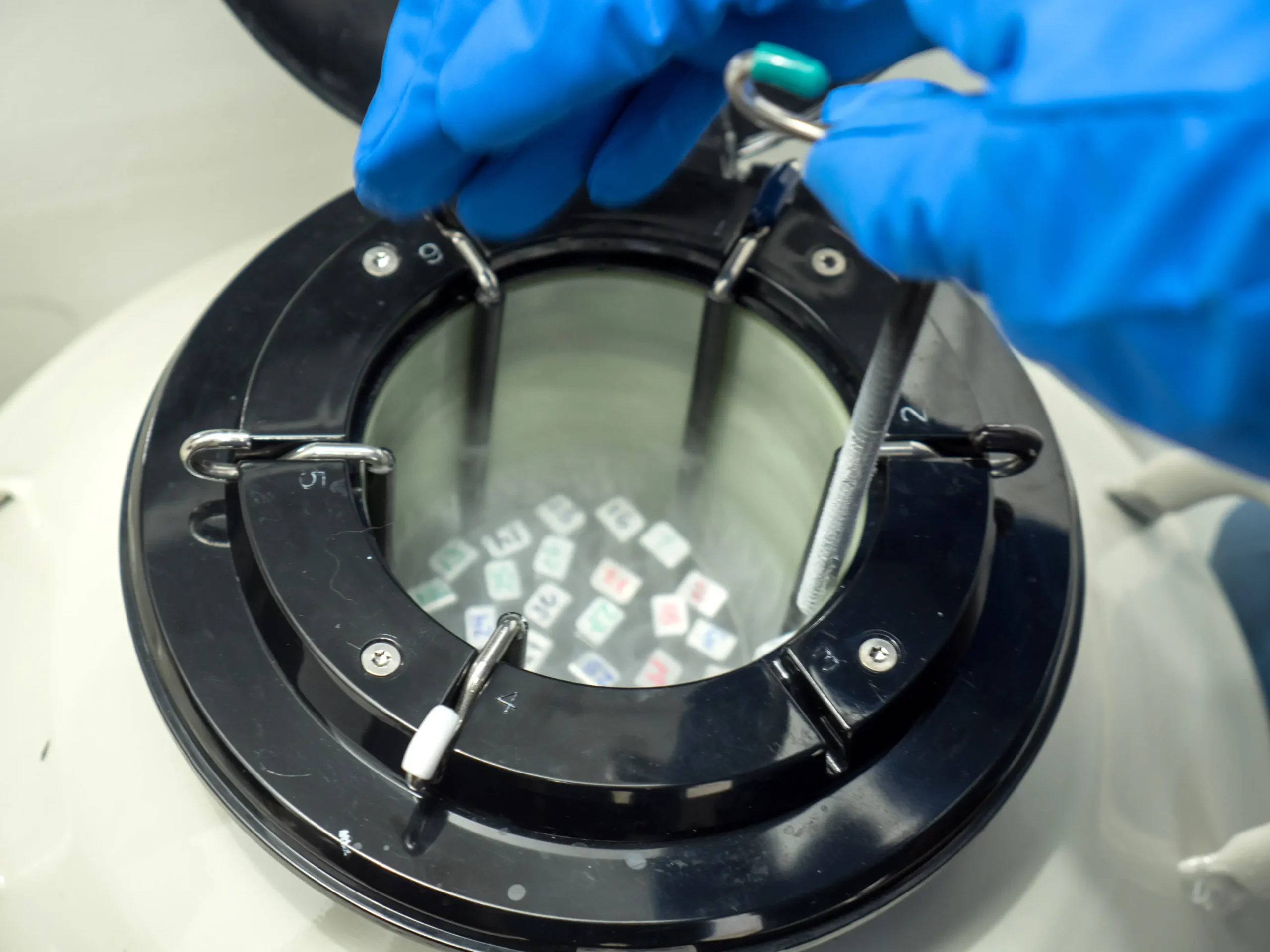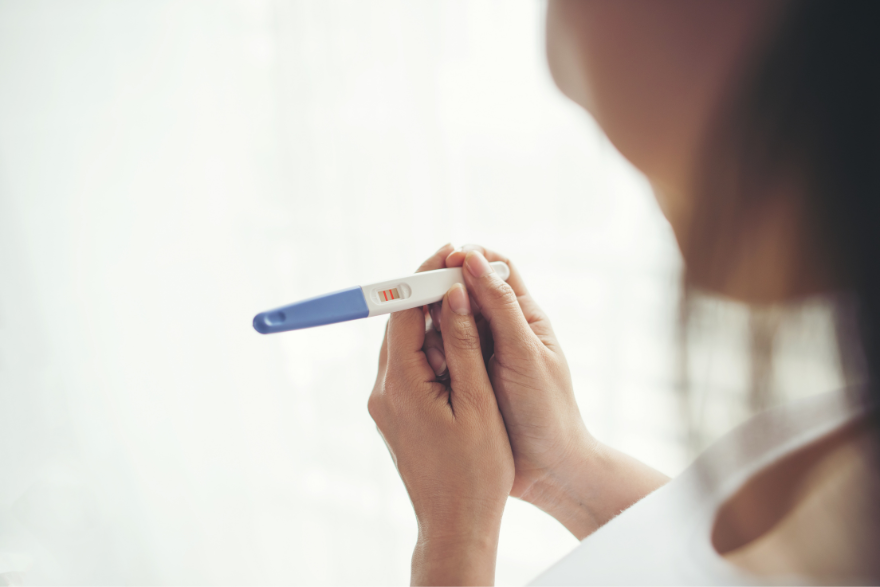
In a world where life and career decisions are increasingly diverse and complex, fertility preservation is emerging as an option for those who wish to keep the doors open to the possibility of motherhood or fatherhood in the future. Whether for medical, professional, or personal reasons, preserving fertility offers a strategically and emotionally meaningful solution for many people.
How to preserve fertility?
The process of fertility preservation involves the removal and storage of gametes (eggs or sperm) for future use. For women, this involves a process of ovarian stimulation followed by the retrieval of eggs, which are then frozen for later use. For men, fertility preservation involves collecting sperm samples, which are also frozen for storage. Both procedures are safe and supported by technological advances in reproductive medicine.
When to preserve fertility?
The ideal time to consider fertility preservation may vary depending on individual circumstances, but it is essential to address this issue before options become limited by time or medical conditions. Ideally, the discussion about fertility preservation should take place during optimal childbearing age, typically before age 35 for women, as the quality and quantity of eggs decline with age. However, this does not exclude older people from considering this path with proper guidance from fertility specialists.









